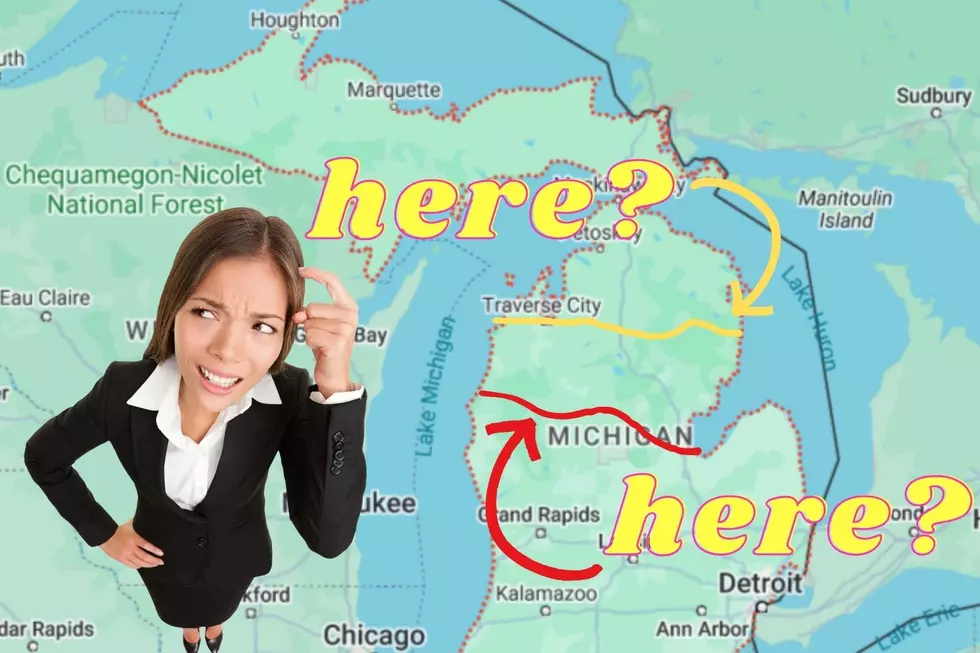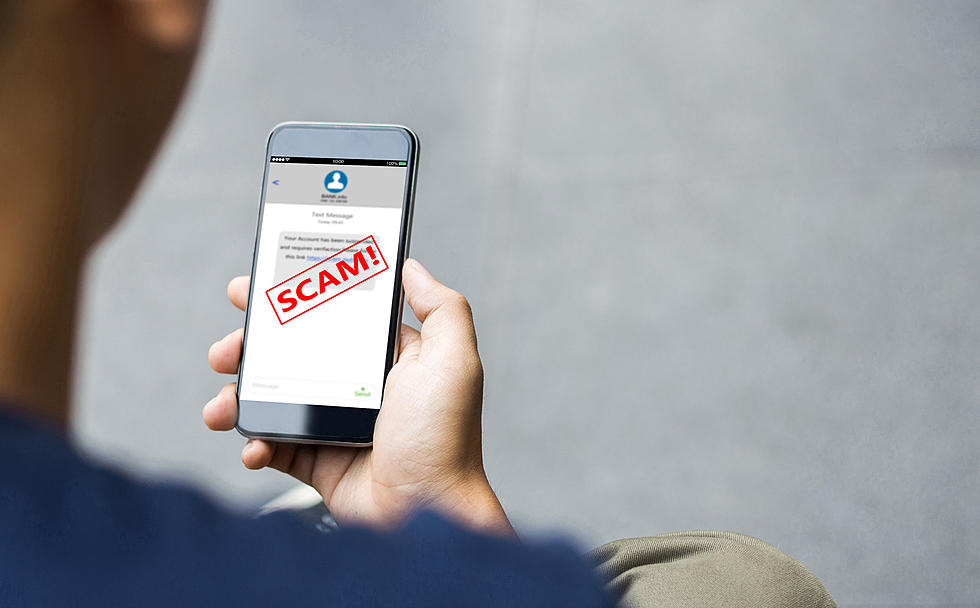
BBB Warns Not to Fall Victim to The ‘CashApp Scam’
WOOD TV8 is alerting people of a scam involving CashApp, a somewhat popular app for paying for things, much like Venmo, which seems to be the more popular app.
WOOD TV8 says the Better Business Bureau is warning people who try to purchase items from individuals and are asked to use CashApp to send the payment.
What happens is, they request payment through CashApp, and then once you pay for “said item” they then immediately block you from contacting them again, which means once you realize whatever it is you thought you were buying isn’t real, you can’t request a refund, which is something you can do with “non-scam” payments.
Here are a few stories from the BBB.org/ScamTracker on WOOD TV8,
For example, one target recently told BBB.org/ScamTracker that, after falling for a tech support scam, they were targeted by the con artist to purchase bogus software through CashApp. Another victim tried to buy concert tickets from a seller who claimed to only accept CashApp payments. “I did not know what that was at the time,” wrote the victim. “I was told I could cancel the transaction at any time. I sent the $350.00 for the tickets and was instant blocked.”
WOOD TV8 and the BBB also warm victims of finding fake support numbers to call requesting help. More and more people are falling victim to googling support numbers only to be getting scammed again by Turing over their login info to who they think is customer service. Remember, your bank or CashApp or anyone else won’t need your login info. At most, they’ll need to verify a secret phrase or address, but shouldn’t be asking for your email, or username, or passwords. Only scammers need that info.
WOOD TV8 also posted other tips to avoid being scammed through CashApp scammer via the BBB:
- No one representing Cash App will ever ask for your sign-in code over the phone or on social media. CashApp support will also never ask for payment or provide sensitive information, such as your full bank account information.
- Be skeptical of any business that requires CashApp payments. If a company claims to only accept CashApp and/or prepaid debit card payments, be very wary. This is a red flag of a scam.
- Double-check information before sending money. Verify recipient’s name, CashApp handle, and information before sending them money.
- Link your money transfer app to a credit card. As with many other purchases, using a credit card will help protect you if you don’t get the goods or services you paid for. Linking to a debit card or directly to your bank account does not give you that added protection.
WOOD TV8 also says that if you've been a victim of the CashApp scam, to report it to police as well as the Better Business Bureau at bbb.org/ScamTracker.
NEXT: These 40 Kids Have Gone Missing in Michigan Since January 1
More From 97.9 WGRD










